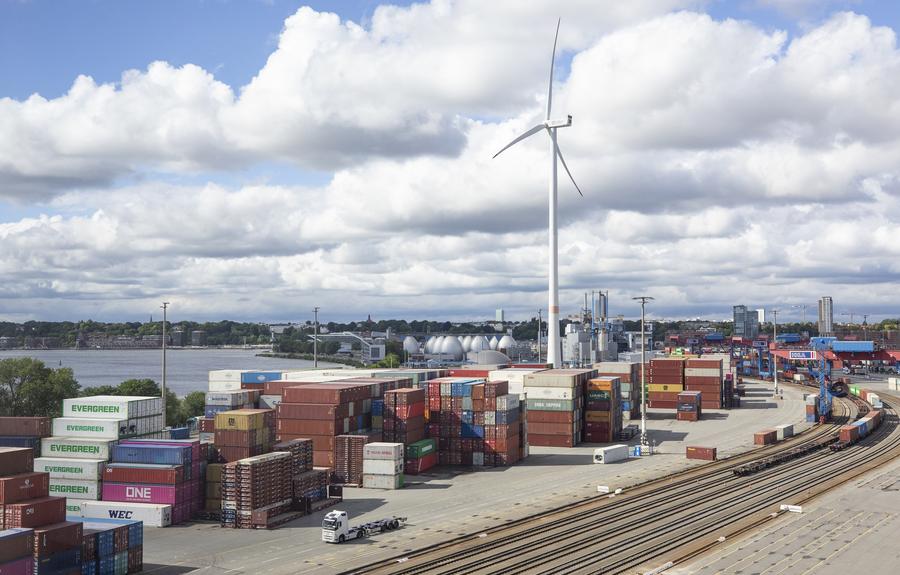The latest report from economic monitoring organization Creditreform shows that Germany is facing the biggest wave of corporate bankruptcies in the past 10 years. In just the first 6 months of 2025, about 11,900 companies in Europe's largest economy declared bankruptcies, up 9.4% over the same period last year.
A total of 141,000 workers have been hit by the bankruptcy, reflecting the extent of the crisis in the manufacturing, trade and service sector in Germany.
Despite some small positive signals, Germany is still sinking into a serious economic and structural crisis. Businesses are struggling with weak demand, rising costs and prolonged instability," said creditreform chief economist Patrik-Ludwig Hantzsch.
The German economy has fallen into recession for 2 consecutive years and has shown no signs of a stable recovery. Although GDP in the first quarter of 2025 increased slightly by 0.2%, economists warned that this figure is not strong enough to change the long-term trend.
Creditreform warned that in the next 6 months, the number of bankrupt enterprises may continue to increase due to the chain effect in the economic ecosystem.
The situation is further complicated as trade relations with the US - Germany's largest partner in 2024 with total bilateral trade turnover of goods reaching 280 billion USD - are being overshadowed by the threat of new tariffs.
US President Donald Trump has imposed a 20% tariff on all EU goods, along with a 25% on steel, aluminum and cars. Although most of the tariffs have been postponed for 90 days for negotiations with the EU, the basic tariffs remain unchanged and show no signs of cooling down.

According to the latest report from the Ifo Economic Institute, the pessimistic sentiment is engulfing German export enterprises. The export expectation index for June fell to -7.4 points, down sharply from -5.0 points in May, showing that German factories are no longer optimistic about orders in the next 3 months.
Tariff threats from the US remain pending. The EU-US sides have yet to reach an agreement," said Klaus Wohlrabe, Ifo's survey director.
Once considered the EU's economic locomotive, Germany now faces a series of challenges, weak domestic consumption, stagnant manufacturing industry, high inflation, rising energy costs and global trade policy instability.
If this trend continues, experts are concerned that the bankruptcy wave in Germany could become an early sign of a widespread crisis in Europe.











